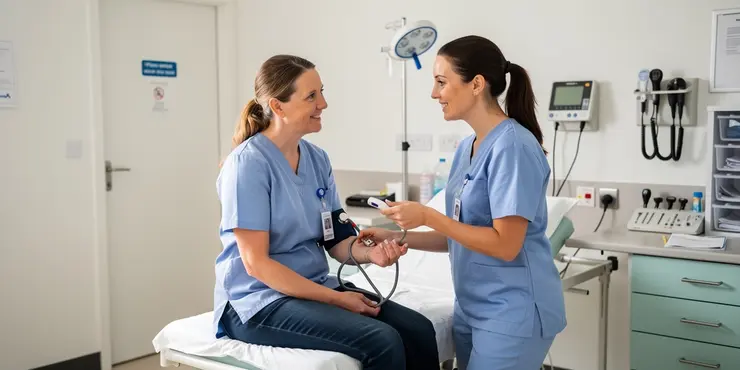
Find Help
More Items From Ergsy search
-
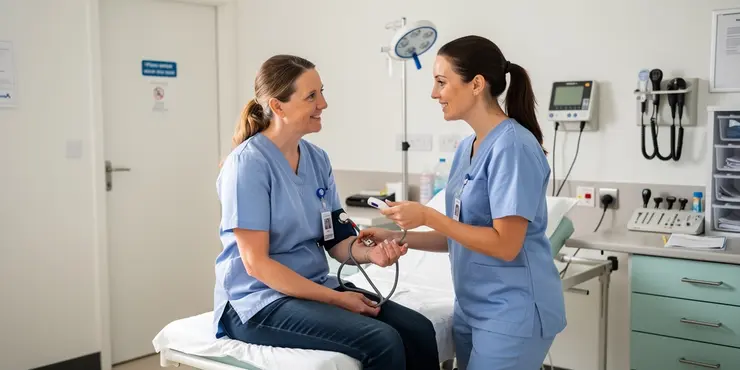
Why is meningitis a medical emergency?
Relevance: 100%
-
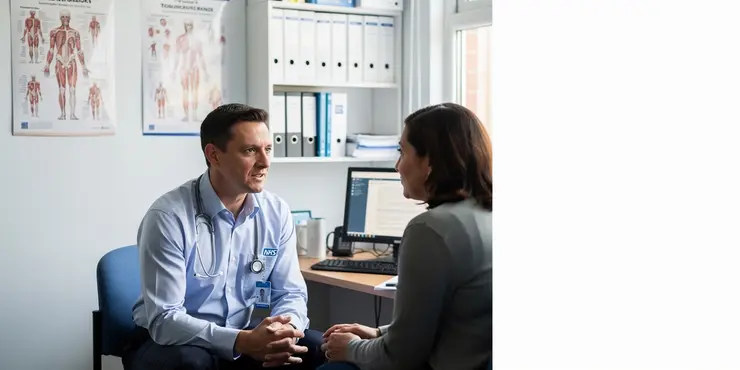
What is meningitis?
Relevance: 60%
-

Is hypotony a medical emergency?
Relevance: 58%
-
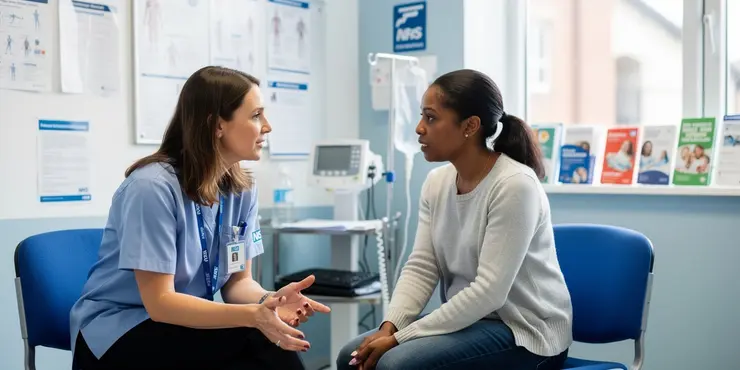
What are the main types of meningitis?
Relevance: 56%
-
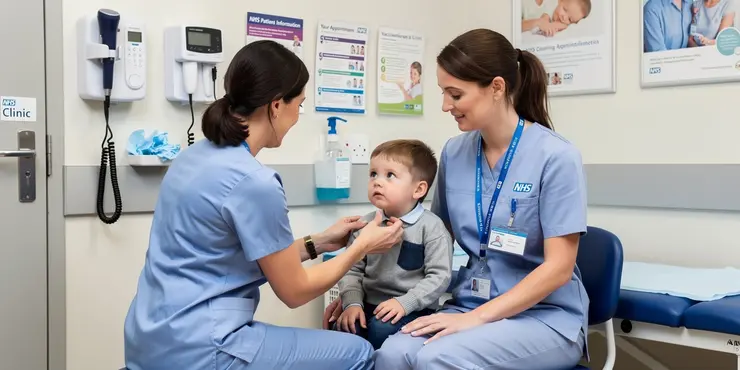
How serious is bacterial meningitis?
Relevance: 54%
-
Is meningitis contagious?
Relevance: 53%
-
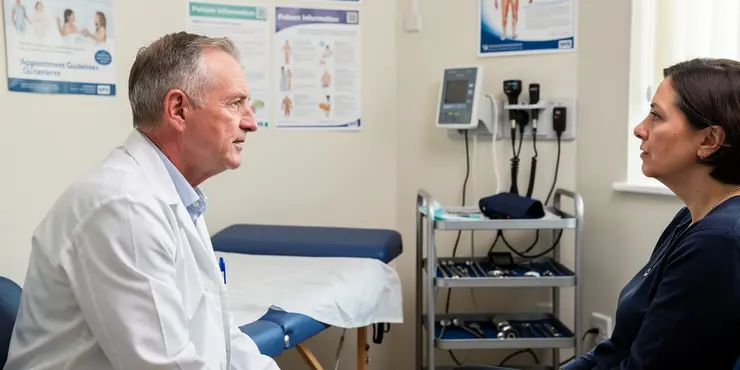
What is non-infectious meningitis?
Relevance: 53%
-
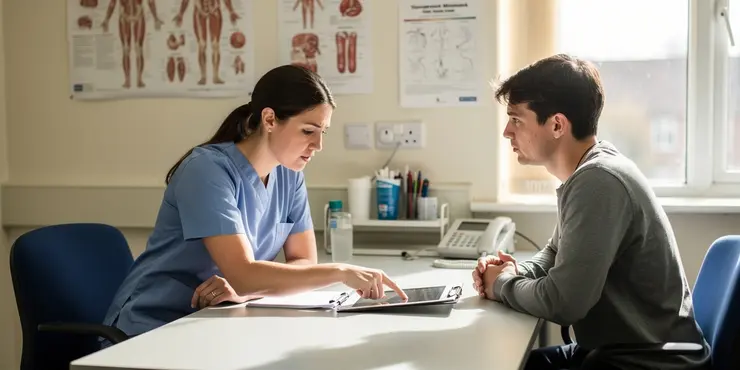
What causes bacterial meningitis?
Relevance: 52%
-
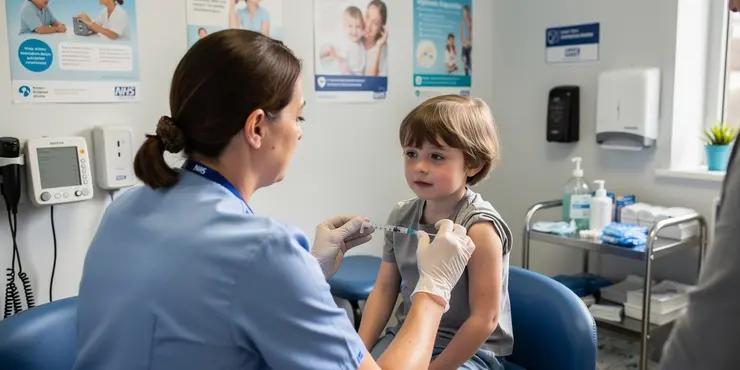
Are there vaccines for meningitis?
Relevance: 51%
-
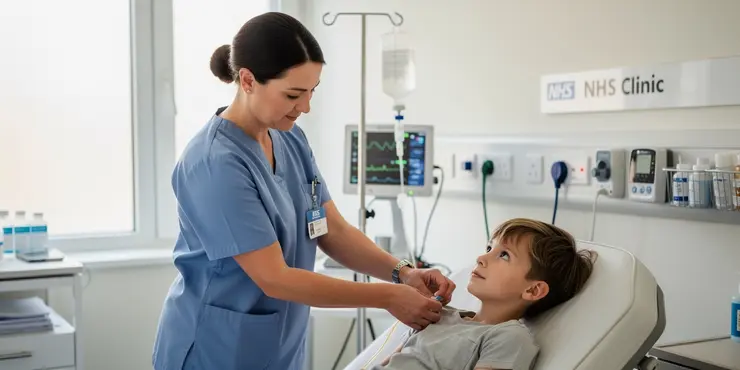
What is the treatment for bacterial meningitis?
Relevance: 51%
-
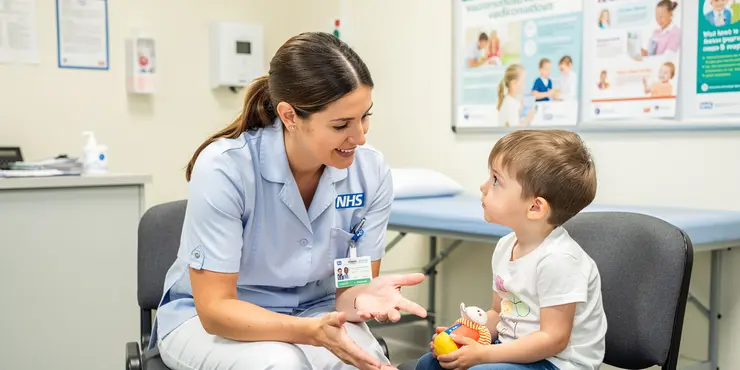
Can meningitis be prevented?
Relevance: 51%
-
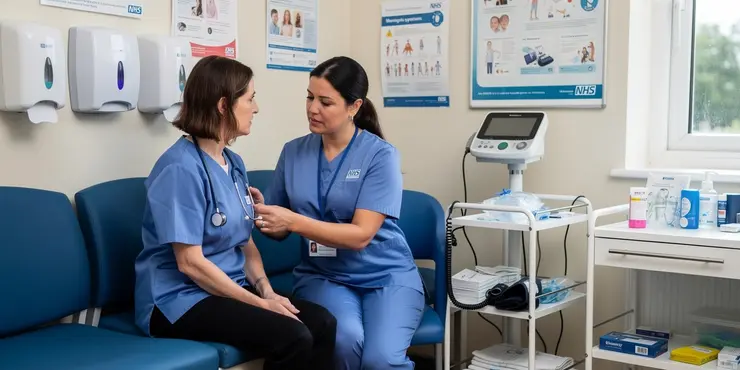
How is meningitis diagnosed?
Relevance: 50%
-
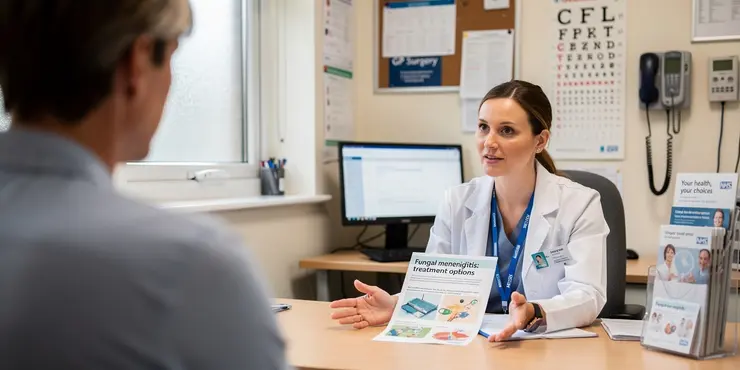
How is fungal meningitis treated?
Relevance: 50%
-
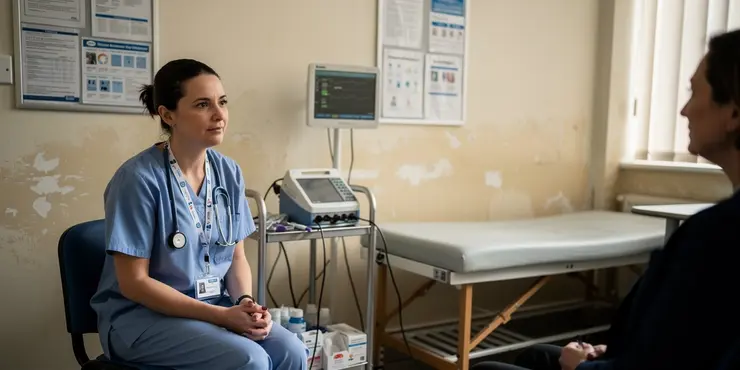
What is the prognosis for viral meningitis?
Relevance: 50%
-

What are the signs of meningitis in infants?
Relevance: 50%
-
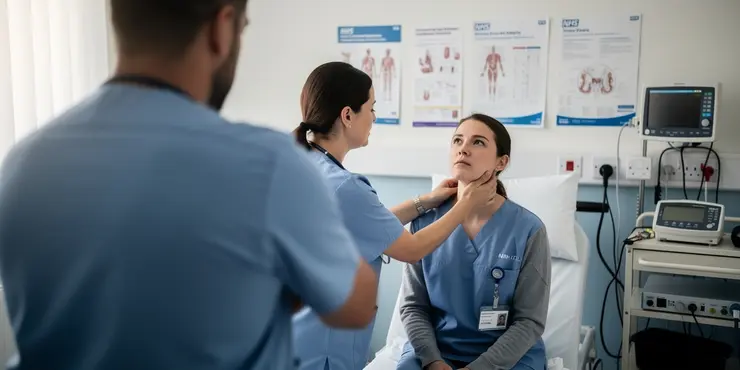
What are common symptoms of meningitis?
Relevance: 49%
-
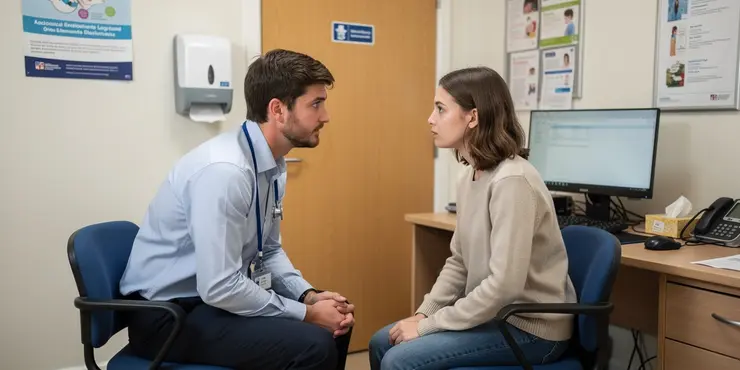
Can meningitis cause long-term complications?
Relevance: 49%
-
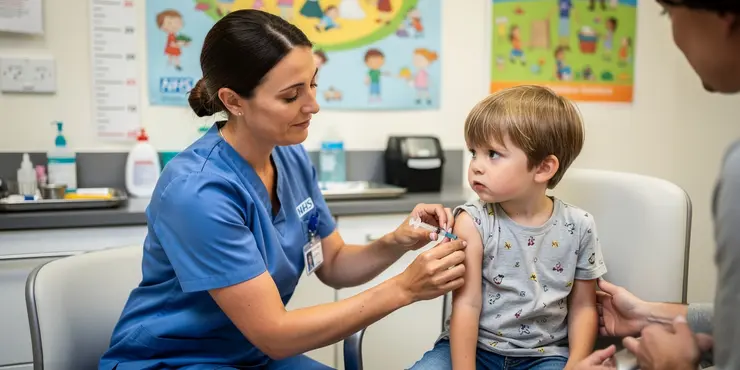
Who is at higher risk of contracting meningitis?
Relevance: 49%
-
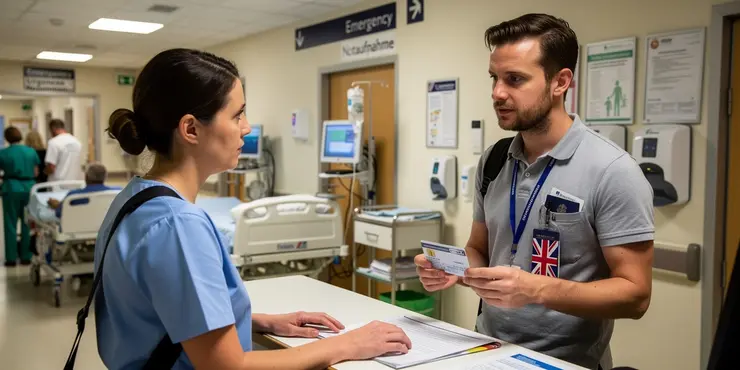
What should I do in case of a medical emergency while in the EU?
Relevance: 49%
-
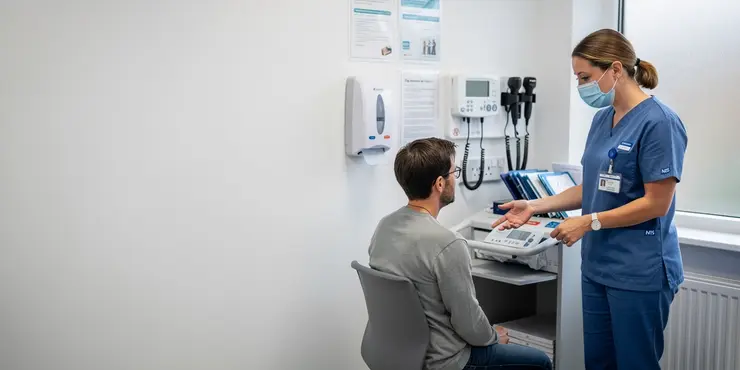
How is viral meningitis spread?
Relevance: 49%
-
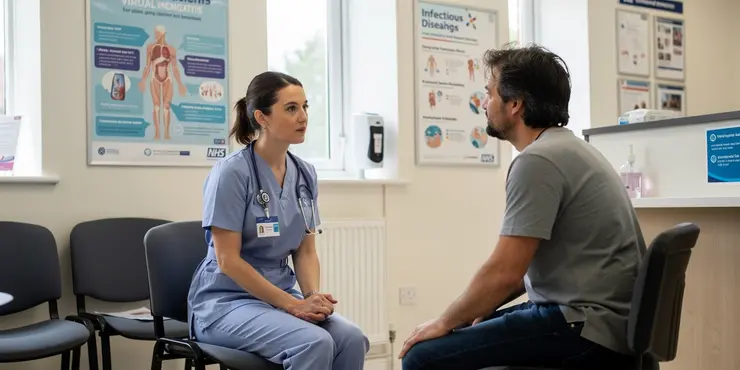
What causes viral meningitis?
Relevance: 48%
-
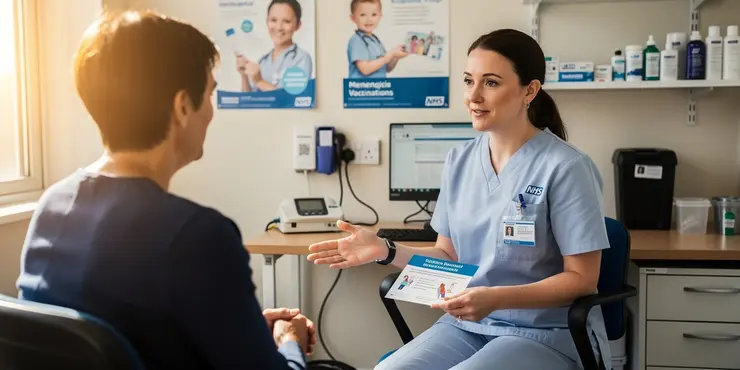
Are adults over 25 recommended for meningitis vaccination?
Relevance: 47%
-
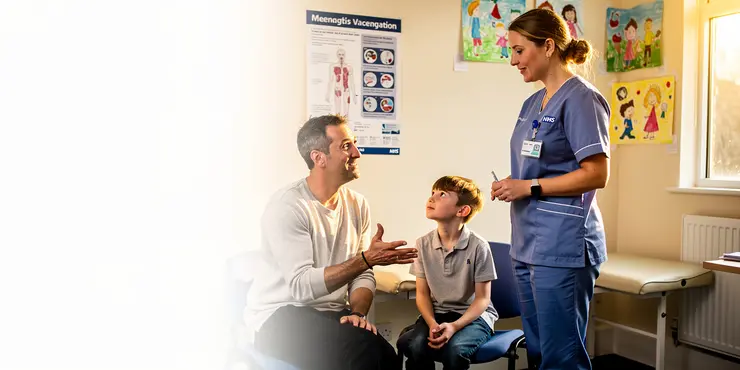
Who should get a meningitis vaccination?
Relevance: 47%
-
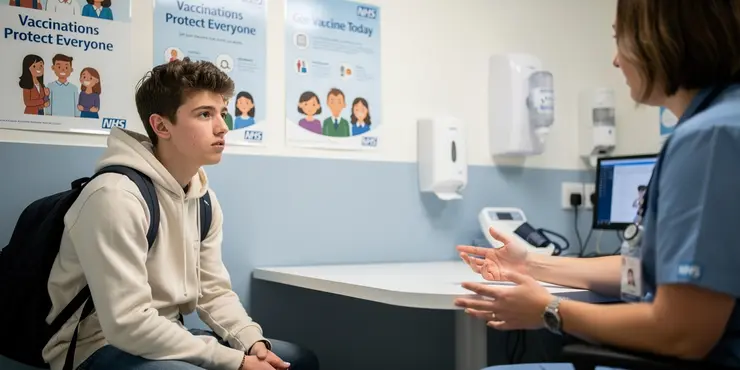
Should college students get the meningitis vaccine?
Relevance: 46%
-
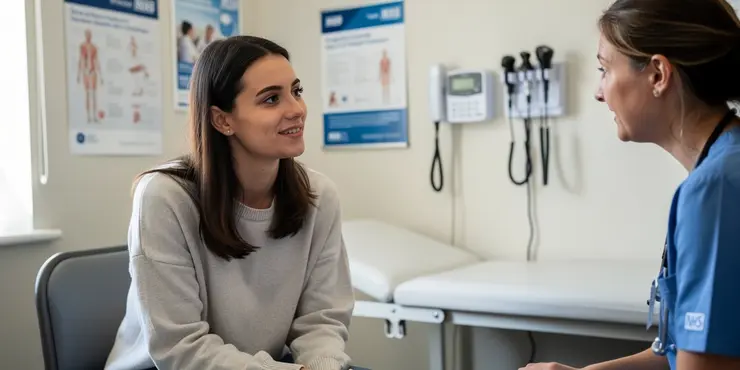
Are there any specific groups that should prioritize meningitis vaccination?
Relevance: 46%
-
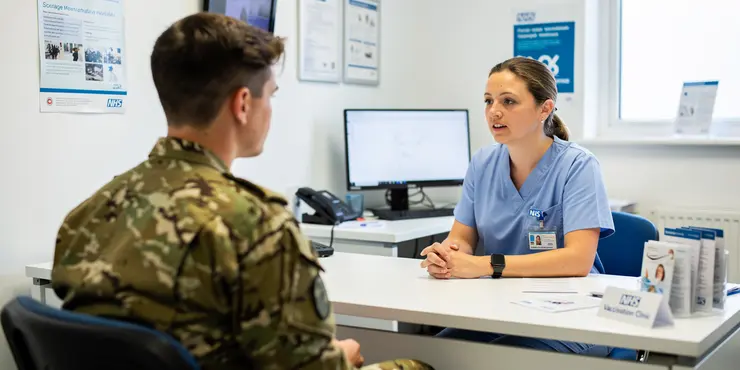
Is meningitis vaccination required for military recruits?
Relevance: 46%
-

Do international students need the meningitis vaccine?
Relevance: 46%
-
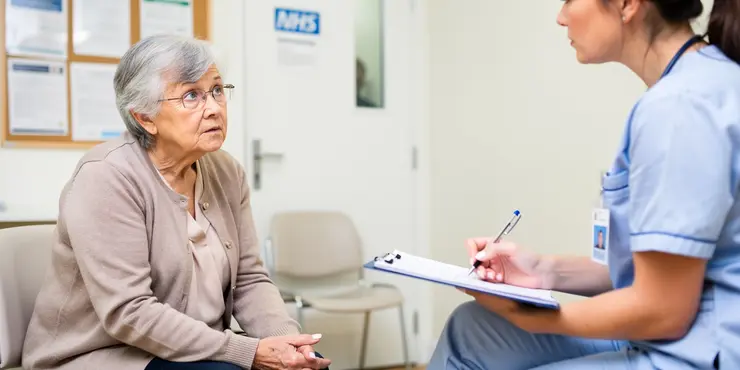
Is vaccination recommended for seniors against meningitis?
Relevance: 45%
-
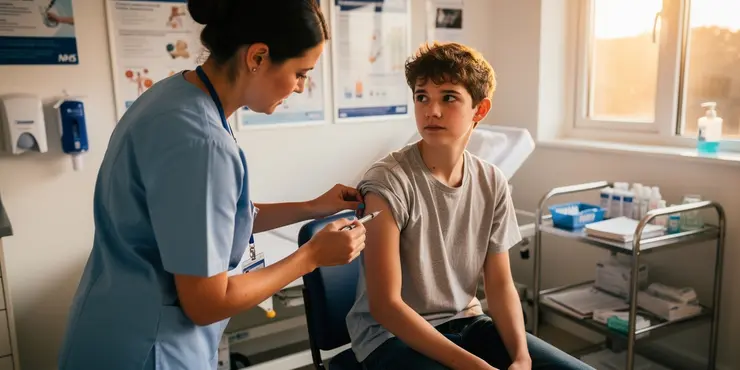
Does the CDC recommend meningitis vaccines for adolescents?
Relevance: 45%
-
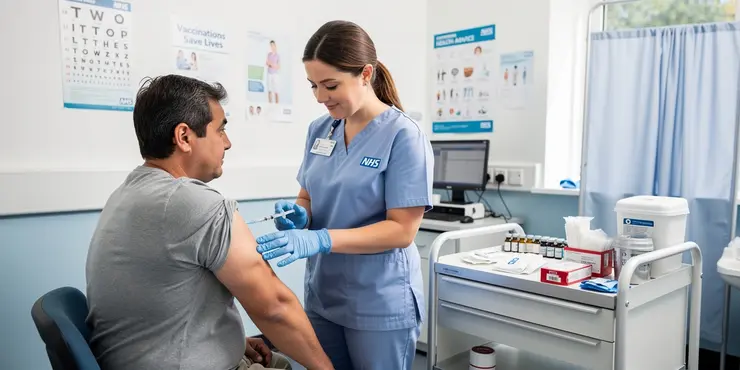
Should health care workers get the meningitis vaccine?
Relevance: 44%
-
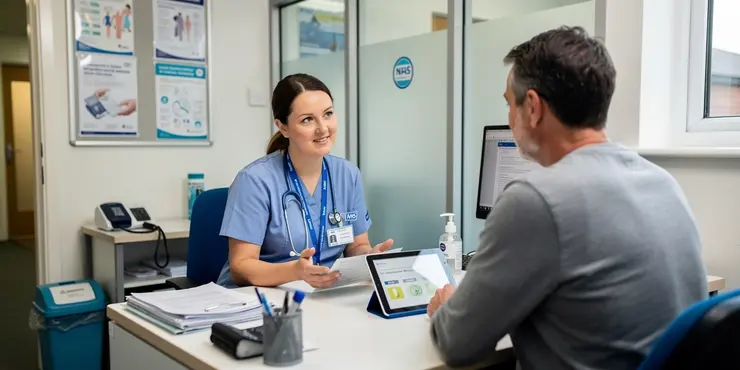
Do people who have had meningitis in the past need to be vaccinated?
Relevance: 44%
-
What are the meningitis vaccination recommendations for travelers to Hajj or Umrah?
Relevance: 43%
-
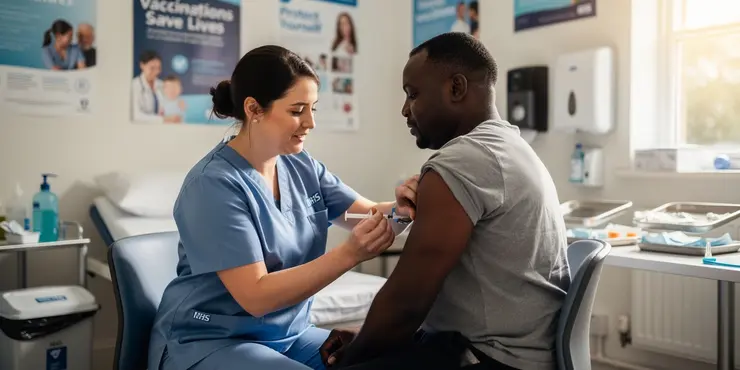
What are the guidelines for meningitis vaccination for HIV-infected individuals?
Relevance: 43%
-
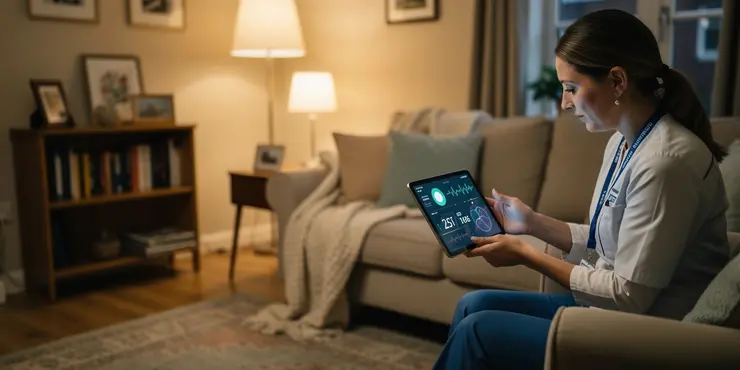
How are emergencies handled in a virtual ward?
Relevance: 40%
-
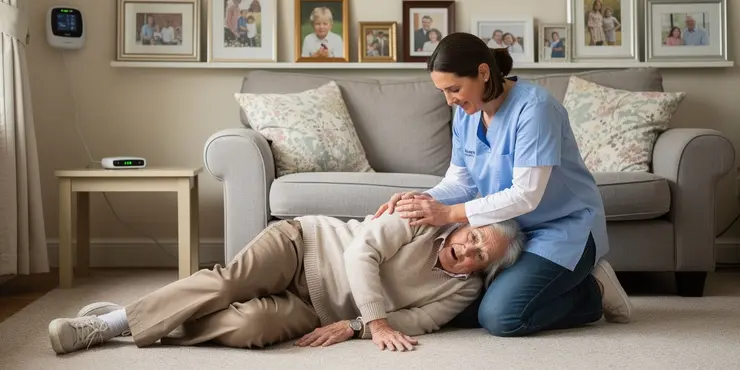
How do live-in caregivers handle emergencies?
Relevance: 39%
-
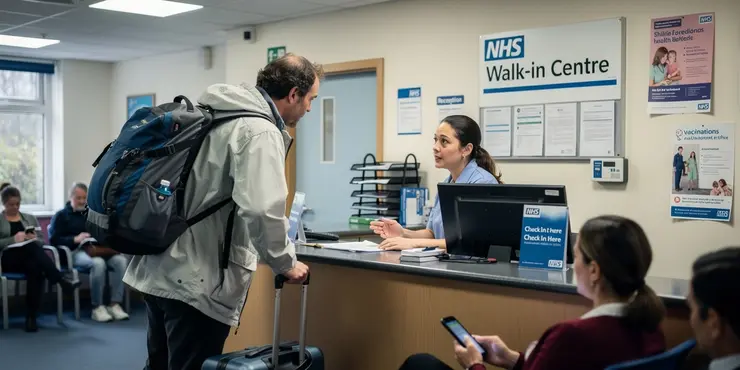
What if I need emergency assistance while traveling?
Relevance: 38%
-

How can community helpers access emergency assistance?
Relevance: 36%
-
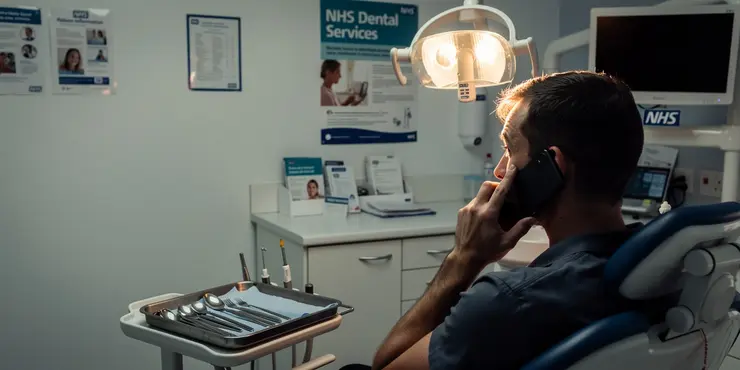
Can I get an emergency NHS dental appointment?
Relevance: 35%
-
Are new emerging pathogens a risk for blood safety?
Relevance: 34%
-
Do I need to be a registered patient to get emergency NHS dental care?
Relevance: 32%
Why is Meningitis a Medical Emergency?
Meningitis is a serious medical condition characterized by the inflammation of the protective membranes covering the brain and spinal cord, known as the meninges. This inflammation is typically caused by an infection of the fluid surrounding the brain and spinal cord. Meningitis requires immediate medical attention due to the rapid progression of symptoms and the potential for severe complications, including death.
Causes of Meningitis
Meningitis can be caused by various pathogens, including bacteria, viruses, fungi, and parasites. Bacterial meningitis is the most severe form and can lead to life-threatening complications if not treated promptly. Common bacteria responsible for meningitis in the UK include Neisseria meningitidis, Streptococcus pneumoniae, and Haemophilus influenzae type b (Hib). Viral meningitis, while generally less severe than bacterial meningitis, still requires medical evaluation and supportive care.
Symptoms and Rapid Progression
The symptoms of meningitis can develop suddenly and may include fever, headache, a stiff neck, sensitivity to light, confusion, and vomiting. In infants, symptoms may be more subtle, such as irritability, poor feeding, or a bulging fontanelle. The rapid progression of these symptoms is what makes meningitis a medical emergency. If left untreated, bacterial meningitis can result in brain damage, hearing loss, disability, or death within a matter of hours.
Immediate Diagnosis and Treatment
Due to the urgency surrounding meningitis, early diagnosis and treatment are critical. Healthcare professionals use various diagnostic tools, including lumbar puncture (spinal tap), to confirm the presence of infection in the cerebrospinal fluid. Once diagnosed, bacterial meningitis is typically treated with intravenous antibiotics and sometimes corticosteroids to reduce inflammation. Viral meningitis may require supportive care, depending on the severity of symptoms.
Preventing Meningitis
Vaccination is one of the most effective ways to prevent certain types of bacterial meningitis. In the UK, routine immunisations for children include vaccines against Hib, meningococcal, pneumococcal, and other pathogens associated with meningitis. Practicing good hygiene, such as regular hand washing and avoiding close contact with individuals who may have respiratory infections, can also help reduce the risk of developing viral forms of meningitis.
Conclusion
Meningitis remains a critical public health concern due to its potential for rapid deterioration and life-threatening complications. Prompt recognition of symptoms and immediate medical intervention are essential to improve outcomes for individuals affected by this condition. Public awareness and vaccination programs are vital components in reducing the incidence and impact of meningitis in the UK population.
Why is Meningitis an Emergency?
Meningitis is a serious illness. It makes the covering around your brain and spinal cord swell up. This swelling is called inflammation. Meningitis happens because of an infection. It is very important to get medical help right away. If not treated quickly, meningitis can become very dangerous and might even cause death.
Causes of Meningitis
Many germs can cause meningitis. These include bacteria, viruses, fungi, and tiny parasites. Bacterial meningitis is the most dangerous type. It can be life-threatening if you do not treat it fast. Some bacteria that cause meningitis in the UK are Neisseria meningitidis, Streptococcus pneumoniae, and Haemophilus influenzae type b (Hib). Viral meningitis is usually less serious but still needs medical care.
Symptoms and How Fast It Can Get Worse
Meningitis symptoms can start quickly. They include a high fever, headache, stiff neck, not liking bright lights, confusion, and throwing up. Babies might show different signs like being very grumpy, not eating well, or having a bulging soft spot on their head. Because these symptoms can get worse fast, meningitis is an emergency. Without treatment, bacterial meningitis can cause brain problems, hearing loss, disabilities, or even death in just a few hours.
Quick Check and Treatment
Because meningitis moves quickly, finding and treating it early is very important. Doctors use tests like a spinal tap to find out if there is an infection. If you have bacterial meningitis, doctors give you antibiotics through a drip. Sometimes, they give medicine to help with swelling. If you have viral meningitis, doctors may give you care to help you feel better, based on how bad your symptoms are.
Stopping Meningitis
Vaccines can help stop certain types of bacterial meningitis. In the UK, kids get vaccines to protect them from things like Hib, meningococcal, and pneumococcal germs. Good hygiene like washing your hands and staying away from people who are sick can also help prevent viral meningitis.
In Summary
Meningitis is a big health issue because it can get worse very fast and be very dangerous. Knowing the symptoms and getting medical help quickly is key. Awareness and vaccination can help lower the chances and effects of meningitis in the UK.
Frequently Asked Questions
What is meningitis?
Meningitis is an inflammation of the protective membranes covering the brain and spinal cord, known as the meninges.
Why is meningitis considered a medical emergency?
Meningitis can be life-threatening due to the rapid progression of symptoms and potential for severe complications, including brain damage and death.
What are common causes of meningitis?
Meningitis can be caused by bacterial, viral, fungal, and parasitic infections, with bacterial meningitis being the most severe form.
What are the symptoms of meningitis?
Symptoms include severe headache, high fever, neck stiffness, sensitivity to light, confusion, and sometimes a rash.
How is meningitis diagnosed?
Diagnosis is typically done via lumbar puncture to analyze cerebrospinal fluid and identify the cause of inflammation.
Why is early diagnosis of meningitis critical?
Early diagnosis and treatment are crucial to prevent severe complications and improve the outcomes for the patient.
What are the potential complications of untreated meningitis?
Complications can include brain damage, hearing loss, learning disabilities, and in severe cases, death.
Can meningitis be prevented?
Some forms of meningitis can be prevented through vaccination and by practicing good hygiene.
What is the common treatment for bacterial meningitis?
Bacterial meningitis requires prompt treatment with intravenous antibiotics and sometimes corticosteroids.
Is viral meningitis also a medical emergency?
While typically less severe than bacterial meningitis, viral meningitis can still be an urgent medical issue, especially in vulnerable populations.
Can meningitis be contagious?
Yes, certain types of meningitis, such as those caused by bacterial or viral infections, can be spread from person to person.
Are certain populations at higher risk for meningitis?
Yes, infants, young children, and individuals with weakened immune systems or certain medical conditions are at higher risk.
Can meningitis recur?
In some cases, recurrent meningitis can occur, usually due to structural or immunological abnormalities.
What is the role of public health in controlling meningitis outbreaks?
Public health efforts focus on vaccination programs, outbreak monitoring, and education to prevent the spread of meningitis.
Are there long-term effects of meningitis?
Survivors of meningitis can experience long-term effects such as cognitive impairment, motor deficits, and seizures.
How does the speed of treatment affect outcomes in meningitis cases?
The faster treatment is initiated, the better the outcomes, as this helps prevent permanent damage and complications.
What public health measures are taken during a meningitis outbreak?
Measures include identifying contacts, administering prophylactic antibiotics, and possibly providing vaccinations to at-risk populations.
Is there a cure for meningitis?
Bacterial meningitis can be treated effectively with antibiotics, while support care is used for viral meningitis, which usually resolves on its own.
What should you do if you suspect someone has meningitis?
Seek medical attention immediately, as early treatment is crucial to prevent serious outcomes.
Are there side effects of meningitis vaccines?
Meningitis vaccines are generally safe, with most side effects being minor and temporary, such as redness at the injection site or mild fever.
What is meningitis?
Meningitis is when there's swelling in the brain and spine. It can make you very sick.
If you think you or someone else has it, tell an adult or doctor quickly.
Using a picture book or asking someone to explain it can help you understand better.
Meningitis happens when the thin layers that cover the brain and spine get swollen. These layers are called the meninges.
Why is meningitis an emergency?
Meningitis is a sickness. It can make you very sick very quickly. It affects the brain and spine. When people have meningitis, they need help from a doctor right away. This is why it is an emergency.
If you think someone has meningitis, call a doctor fast.
Tools like pictures, videos, and audiobooks can help you understand better.
Meningitis is a serious illness. It can get worse very fast. It can cause big problems, like hurting the brain. Sometimes, it can even cause death.
What causes meningitis?
Meningitis is when the part around your brain gets sick.
Here are some things that can cause it:
- Germs. Tiny things, like viruses or bacteria, can make you sick.
- Injuries. Getting hurt can sometimes lead to this sickness.
It is important to see a doctor if you feel very sick.
Pictures or videos can help you understand. Ask an adult to help you find them.
Meningitis is when germs make the brain and spine sick. Different germs can cause it. It can be caused by bacteria, viruses, fungus, and parasites. The worst kind is from bacteria.
How can you tell if someone has meningitis?
Meningitis can make you feel very sick. Look out for these signs:
- Headache and neck pain
- High fever
- Feeling confused or sleepy
- Feeling sick (nausea) or being sick (vomiting)
- Bright lights hurting your eyes
- A skin rash that doesn't fade when you press a glass on it
- Sometimes, a stiff neck
If you think someone has these signs, tell an adult or see a doctor.
Use pictures to help explain these signs to others.
If you feel very sick or have a bad headache, a high fever, a stiff neck, or if bright lights hurt your eyes, you might be confused. Sometimes you could also have a rash on your skin. If you have any of these problems, ask an adult you trust to help you see a doctor. A doctor can help you feel better.
How do doctors find out if someone has meningitis?
Doctors do tests to see if a person has meningitis.
- They might ask about how the person feels and their health history.
- Doctors might check the person’s body to see if there are signs of being sick.
- Sometimes, they use a tiny needle to take a drop of liquid from the back. This helps them see if the person has meningitis.
- The person might get a blood test.
- Doctors sometimes take a special picture of the head. This helps them look inside.
With these tests, doctors can understand if someone has meningitis.
Doctors use a special test called a lumbar puncture to find out what's wrong. They look at the fluid around your brain and spine to see why it might be swollen.
Why is it important to know if someone has meningitis early?
Finding out if someone has meningitis quickly is very important.
Meningitis can make people very sick. It is an illness that needs fast help from doctors.
If doctors find out early, they can help people feel better faster.
Using pictures or videos can help explain it better.
Finding out about an illness and getting help early is very important. It can stop big problems and help the person get better.
What can happen if meningitis is not treated?
Meningitis is a sickness that needs medicine. If you don't get medicine, it can cause problems.
Here are some things that can happen:
- Your head might hurt a lot.
- You might feel confused and not know what's happening.
- Your ears might not hear well.
- It can be hard to remember things.
- Your body might not work well.
If you feel sick, it is important to see a doctor or go to the hospital.
Some things that can help:
- Ask someone you trust to help you understand what the doctor says.
- Use simple pictures or videos to help explain things.
- Look for books or websites for kids about being sick.
Always ask questions if you don't understand something.
Some problems that can happen are:
- Brain damage (this is when the brain gets hurt).
- Hearing loss (this is when it's hard to hear).
- Learning disabilities (this is when learning is difficult).
- In very bad cases, it can cause death.
It can help to use pictures or talk to someone if this is hard to understand.
Can we stop meningitis from happening?
Meningitis is an illness. It makes your head and neck hurt. Here are ways to help stop it: - **Vaccines**: A vaccine is a medicine. It helps your body stay strong against germs. - **Good hygiene**: Wash your hands often. This keeps germs away. - **Healthy habits**: Eat healthy, sleep well, and drink water. This keeps your body strong. Tools that can help: - **Picture charts**: Use pictures to remind you to wash hands. - **Apps**: Download apps that remind you to take your medicine. - **Timers**: Set a timer to remind you to wash hands. Remember to ask a grown-up if you need help!We can stop some types of meningitis with vaccines. It also helps to keep clean and wash your hands.
How do doctors help when someone has bacterial meningitis?
Bacterial meningitis is a serious sickness. To get better, people need special medicine called antibiotics. These are usually given by a doctor through a drip, which goes straight into a vein.
Is viral meningitis a medical emergency?
Viral meningitis is often not as bad as bacterial meningitis, but it can still be serious. This is very true for people who might get sick easily.
Can you catch meningitis from someone else?
Yes, some kinds of meningitis can spread between people. This includes meningitis caused by germs like bacteria or viruses.
Who has a higher chance of getting meningitis?
Yes, babies, young kids, and people who are sick or have weak bodies can get sick more easily.
Can you get meningitis again?
Yes, it is possible to get meningitis more than once. Meningitis is when the covering of the brain and spinal cord gets swollen.
Here are some tools to help understand:
- Look at pictures or videos about meningitis.
- Ask a doctor or nurse to explain it in a simple way.
- Use apps that read the text aloud.
Sometimes, meningitis can come back again and again. This can happen because there is something different in the body or the immune system is not working properly.
How does public health help stop meningitis from spreading?
Public health teams work hard to stop meningitis from spreading. They do this by giving vaccines, watching out for outbreaks, and teaching people about the disease.
Can meningitis cause problems later on?
Meningitis is when germs make the brain and spine sick.
Sometimes, even after people get better, they may still have problems:
- Trouble hearing
- Learning new things can be hard
- Feeling very tired
If you are worried, talk to a doctor. They can help you understand and find ways to feel better.
Using pictures, simple words, or talking with someone you trust can also help you understand this better.
People who had meningitis might have problems that last a long time. These problems can be:
- Trouble thinking clearly
- Difficulty moving parts of their body
- Seizures, which are sudden, uncontrolled movements
It's important to ask for help if these things happen. Tools like speech-to-text or reminders can be useful. Talking to a doctor or teacher can also help.
How does the speed of treatment affect what happens in meningitis cases?
Meningitis is a sickness. It can make people very sick.
Getting treatment fast can help a lot. It can make people feel better sooner.
If treatment is slow, people might get sicker.
Tools that can help:
- Using pictures to explain things.
- Talking to a doctor or nurse quickly.
- Using plain words when talking about the sickness.
It is best to start treatment quickly. This helps to stop bad things from happening and protects the body.
What does the health team do when meningitis spreads?
Meningitis is a sickness that can make people very sick. When it spreads, health workers take steps to keep everyone safe.
Here are some things they do:
- They ask people to wash their hands often to kill germs.
- They give medicine or vaccines to people who might get sick.
- They tell everyone to cover their mouth when they sneeze or cough.
- They may keep sick people away from others until they get better.
If you need help understanding or remembering this, you can ask a friend or family member. You can also use pictures or videos to learn more.
Here are some ways to help keep people safe:
- Find out who has been near a sick person.
- Give medicine to stop the sickness before it starts.
- Give vaccines to people who might get sick easily.
Tools and tips to help:
- Use pictures or charts to show what to do.
- Ask a friend or family member to explain things again if needed.
Can meningitis be fixed?
Meningitis is a sickness. How we fix it depends on what causes it. Sometimes, germs or viruses cause meningitis.
If germs cause it, doctors use medicine called antibiotics. They help make you better.
If viruses cause it, resting and drinking lots of water can help. Your body fights the virus on its own.
It's important to see a doctor quickly if you think someone has meningitis!
Bacterial meningitis is a sickness that can be treated with medicine called antibiotics. Viral meningitis is another type of sickness. It usually gets better by itself without medicine, but doctors can give help if needed.
What to do if you think someone has meningitis?
If you think someone is sick with meningitis, act fast:
- Tell an adult you trust.
- Call a doctor or an ambulance right away.
- Keep the person comfortable and calm.
- Stay with them until help arrives.
It is important to get help quickly. Meningitis is serious, but doctors can help if they know soon enough.
Go to the doctor right away. Getting help early can stop bad things from happening.
Do meningitis shots cause any problems?
Meningitis shots are safe. Most side effects are not serious. You might have a red spot where you got the shot, or feel a little warm with a mild fever. These go away soon.
Useful Links
This website offers general information and is not a substitute for professional advice.
Always seek guidance from qualified professionals.
If you have any medical concerns or need urgent help, contact a healthcare professional or emergency services immediately.
Some of this content was generated with AI assistance. We’ve done our best to keep it accurate, helpful, and human-friendly.
- Ergsy carfully checks the information in the videos we provide here.
- Videos shown by Youtube after a video has completed, have NOT been reviewed by ERGSY.
- To view, click the arrow in centre of video.
- Most of the videos you find here will have subtitles and/or closed captions available.
- You may need to turn these on, and choose your preferred language.
- Go to the video you'd like to watch.
- If closed captions (CC) are available, settings will be visible on the bottom right of the video player.
- To turn on Captions, click settings .
- To turn off Captions, click settings again.
More Items From Ergsy search
-

Why is meningitis a medical emergency?
Relevance: 100%
-

What is meningitis?
Relevance: 60%
-

Is hypotony a medical emergency?
Relevance: 58%
-

What are the main types of meningitis?
Relevance: 56%
-

How serious is bacterial meningitis?
Relevance: 54%
-
Is meningitis contagious?
Relevance: 53%
-

What is non-infectious meningitis?
Relevance: 53%
-

What causes bacterial meningitis?
Relevance: 52%
-

Are there vaccines for meningitis?
Relevance: 51%
-

What is the treatment for bacterial meningitis?
Relevance: 51%
-

Can meningitis be prevented?
Relevance: 51%
-

How is meningitis diagnosed?
Relevance: 50%
-

How is fungal meningitis treated?
Relevance: 50%
-

What is the prognosis for viral meningitis?
Relevance: 50%
-

What are the signs of meningitis in infants?
Relevance: 50%
-

What are common symptoms of meningitis?
Relevance: 49%
-

Can meningitis cause long-term complications?
Relevance: 49%
-

Who is at higher risk of contracting meningitis?
Relevance: 49%
-

What should I do in case of a medical emergency while in the EU?
Relevance: 49%
-

How is viral meningitis spread?
Relevance: 49%
-

What causes viral meningitis?
Relevance: 48%
-

Are adults over 25 recommended for meningitis vaccination?
Relevance: 47%
-

Who should get a meningitis vaccination?
Relevance: 47%
-

Should college students get the meningitis vaccine?
Relevance: 46%
-

Are there any specific groups that should prioritize meningitis vaccination?
Relevance: 46%
-

Is meningitis vaccination required for military recruits?
Relevance: 46%
-

Do international students need the meningitis vaccine?
Relevance: 46%
-

Is vaccination recommended for seniors against meningitis?
Relevance: 45%
-

Does the CDC recommend meningitis vaccines for adolescents?
Relevance: 45%
-

Should health care workers get the meningitis vaccine?
Relevance: 44%
-

Do people who have had meningitis in the past need to be vaccinated?
Relevance: 44%
-
What are the meningitis vaccination recommendations for travelers to Hajj or Umrah?
Relevance: 43%
-

What are the guidelines for meningitis vaccination for HIV-infected individuals?
Relevance: 43%
-

How are emergencies handled in a virtual ward?
Relevance: 40%
-

How do live-in caregivers handle emergencies?
Relevance: 39%
-

What if I need emergency assistance while traveling?
Relevance: 38%
-

How can community helpers access emergency assistance?
Relevance: 36%
-

Can I get an emergency NHS dental appointment?
Relevance: 35%
-
Are new emerging pathogens a risk for blood safety?
Relevance: 34%
-
Do I need to be a registered patient to get emergency NHS dental care?
Relevance: 32%


